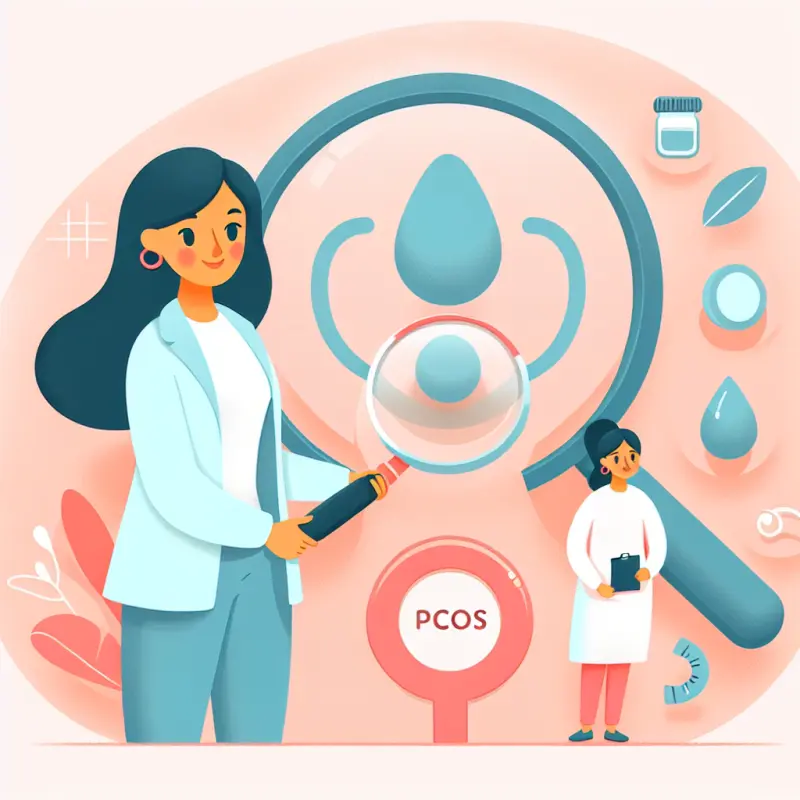Understanding PCOS: Causes, Symptoms, and Treatment Options

Understanding PCOS: Causes, Symptoms, and Treatment Options
Introduction
Polycystic Ovary Syndrome (PCOS) is one of the most common hormonal disorders affecting women of reproductive age. Despite its prevalence, PCOS is often misunderstood, underdiagnosed, and mismanaged. This article explores what PCOS is, its causes, symptoms, and the latest treatment options available.
What is PCOS?
PCOS is a complex hormonal disorder characterized by irregular menstrual cycles, excess androgen (male hormone) levels, and polycystic ovaries. It affects up to 1 in 10 women worldwide and can have significant impacts on fertility, metabolism, and overall health.
Causes of PCOS
- Genetic Factors: PCOS tends to run in families, suggesting a genetic component.
- Hormonal Imbalances: Elevated levels of androgens and insulin resistance are central to PCOS.
- Lifestyle and Environmental Factors: Diet, physical activity, and exposure to endocrine disruptors may influence risk.
Common Symptoms of PCOS
- Irregular or absent periods
- Excess hair growth (hirsutism) on the face, chest, or back
- Acne and oily skin
- Thinning hair or hair loss on the scalp
- Weight gain or difficulty losing weight
- Darkening of skin, especially along neck creases, groin, and underneath breasts
- Multiple small cysts on the ovaries (seen on ultrasound)
- Difficulty getting pregnant (infertility)
How is PCOS Diagnosed?
- Medical History and Physical Exam: Assessment of symptoms and family history.
- Blood Tests: To check hormone levels, including androgens, LH, FSH, and insulin.
- Ultrasound: To look for polycystic ovaries.
Health Risks Associated with PCOS
- Type 2 diabetes and insulin resistance
- High blood pressure and cholesterol
- Sleep apnea
- Depression and anxiety
- Endometrial cancer
Treatment Options for PCOS
Lifestyle Modifications
- Diet: Focus on whole foods, low-glycemic index carbohydrates, and healthy fats.
- Exercise: Regular physical activity improves insulin sensitivity and weight management.
- Weight Loss: Even a 5-10% reduction in body weight can improve symptoms.
Medications
- Birth Control Pills: Regulate periods and reduce androgen levels.
- Anti-Androgens: Reduce hair growth and acne.
- Metformin: Improves insulin sensitivity.
- Fertility Medications: Such as clomiphene citrate or letrozole for women trying to conceive.
Other Treatments
- Hair Removal Treatments: Laser or electrolysis for hirsutism.
- Mental Health Support: Counseling or therapy for anxiety and depression.
Living with PCOS
PCOS is a lifelong condition, but with the right management, women can lead healthy, fulfilling lives. Early diagnosis and a personalized treatment plan are key.
Conclusion
Understanding PCOS is the first step toward effective management. If you suspect you have PCOS, consult a healthcare provider for a thorough evaluation and tailored treatment plan.
Moone — Supporting you on your cycle journey.